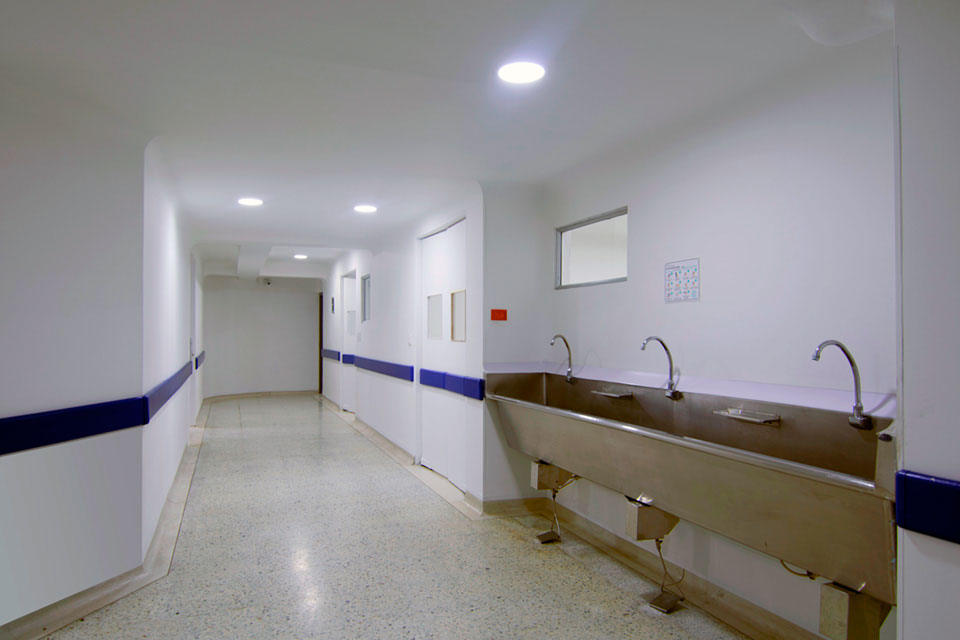
Medical Outsourcing
As the cost of U.S. health care continues to rise to stratospheric levels, Americans havebegun to shop around for medical treatment in foreign countries. While medical tourism is hardly novel (for years Americans have sought discounted cosmetic surgery in places like Mexico, Thailand and India), the interest in foreign medical treatment among uninsured (or underinsured) individuals is, indeed, a burgeoning trend. The main incentive for outsourcing health care procedures is the relatively low cost and the high quality of care. Surgical services in places like India and Thailand cost 70 to 80 percentless than in the United States. For example, “[h]eart bypass surgery, which can cost more than $130,000 in the United States, can be performed for $10,000 in India and $19,000 in Turkey.” Patients receive high-quality care in luxurious hospitals exclusively designed for tourists. As he recuperates from mitral valve surgery in a luxurious Indian hospital suite (fully-equipped with TV, computer, and mini-fridge), Robin Steeles can be assured that all of his needs will be catered to – from his diet and his galling skin rash to his craving for ice cream.
Furthermore, according to John Lancaster of The Washington Post, Indian private hospitals have a better mortality rate for heart surgery than American hospitals. 3 Individual patients are not the only ones taking advantage of the overseas medical market. Some companies (like Blue Ridge Paper Products of North Carolina), faced with the hard choice between providing health coverage and staying solvent, have tried sending their employees overseas for medical treatment.
And companies are not the only ones engaging in this trend. For example, a West Virginia legislator has been developing a bill that “would encourage state employees to have nonemergency medical surgeries overseas.”
Concomitantly, companies in Florida, California and North Carolina have begun to specialize in selling medical insurance and services that rely on foreign hospitals. 6 Because of its economic advantages, the outsourcing of medical procedures has been widely touted as a panacea. However, outsourced medical procedures are outside the reach of many working class Americans, and these procedures have not been shown to lower the cost of healthcare in the U.S. These concerns, coupled with the lack of continuity of care after patients leave the foreign hospital, have raised concern among workers and patients’ advocates. Additionally, while private, for-profit hospitals offer world-class, high-tech medical procedures to foreign patients and wealthy Indian nationals, most Indians are at the mercy of an under-funded and overstretched public health care system.
Urban areas cannot keep up with the demand for treatment, and rural towns often have no medical facilities whatsoever. While foreign patients pay for their care at Indian hospitals, their fee only partially funds these private institutions. In the 1990’s the Indian government shifted from funding public health care institutions to supporting private health care facilities.10 Thus, foreign medical tourists may be reaping the benefits of Indian public funding that has been channeled to private medical institutions.
